After a strong week thanks to the upgrade effect and the breakthrough of large-cap stocks, the Vietnamese stock market entered the new week with two sessions of increase, reaching a short-term peak of around 1,800 points. However, profit-taking pressure quickly appeared, causing the main index to reverse and decrease sharply. At the end of the week, VN-Index lost more than 16 points (-0.94%) to 1,731.19 points, returning to test the support zone of 1,700 points.
Foreign investors net sold more than 90,000 billion VND
Notably, foreign investors continued to maintain net selling pressure with a value of thousands of billions of VND per session. Only on the trading session of October 16, this group unexpectedly made a slight net purchase on the HoSE floor, but the cumulative net sale for the whole week was still more than 5,167 billion VND.
Since the beginning of 2025, foreign investors' net capital withdrawal has exceeded VND90 trillion, the highest figure in many years, reflecting cautious sentiment in the face of exchange rate fluctuations and global monetary policies.
However, the market still has a bright spot as the fund management sector continues to grow. Vietnam currently has 43 fund management companies, managing total assets of more than VND800,000 billion, more than 7 times higher than in 2014, with an average growth rate of about 20%/year. This development is expected to be an important factor in strengthening foreign investors' confidence and creating a stable capital flow for the stock market.
At a conference on attracting investment from foreign funds last week, Ms. Nguyen Ngoc Anh, General Director of SSI Asset Management Company (SSIAM), said that Vietnam needs to "remove more barriers" to retain foreign investors and reduce the prolonged net selling situation. According to her, the biggest risk now is the exchange rate. In 2024, USD/VND increased by 4.5%, and from the beginning of 2025 until now, it has increased by about 3.5%. Some Thai funds even lost up to 9% just because of exchange rate fluctuations. "This cost is directly eating into investment profits, making the Vietnamese market less attractive than other countries in the region," Ms. Ngoc Anh commented.
What is the reason for net selling?
According to her, the problem lies in Circular 02/2021 of the State Bank. This Circular stipulates that credit institutions are only allowed to sell foreign currency forwards to foreign investors owning government bonds, while equity investment funds do not have tools to hedge exchange rate risks. "If the State Bank soon allows a suitable exchange rate "protection" mechanism, this will be an important lever to help attract more long-term capital flows" - SSIAM representative proposed.
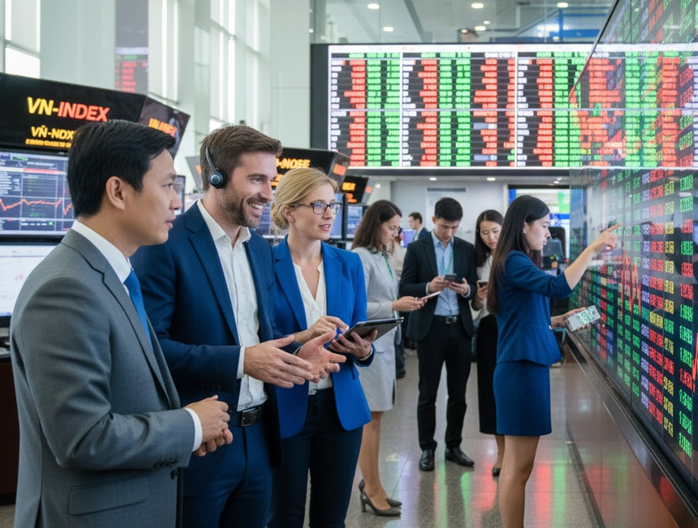
Foreign investors need more mechanisms to reduce net selling (Illustration photo)
In addition, tax and fee policies also need to be improved to encourage investment. The draft of the new Personal Income Tax Law has proposed exempting fund certificate transfer tax if held for two years or more and reducing 50% of tax on dividends from the fund. However, guiding regulations have not yet been issued, causing confusion for businesses when implementing. SSIAM recommends that the Ministry of Finance soon issue specific guidelines to create a clear legal corridor.
In addition, the difference between tax regulations is also causing disadvantages for foreign investors. According to the Circular guiding personal income tax, foreign investors are only subject to 0.1% tax when selling shares in public companies, but according to the Law on Corporate Income Tax, if selling shares in non-public companies, they must pay up to 20% of profits. SSIAM representatives proposed that it is necessary to unify the tax rate of 0.1% for all cases to increase the competitiveness of the Vietnamese market.
Another problem is that open-end funds are not allowed to borrow capital from banks because they do not have legal status. When investors withdraw capital en masse, funds are forced to sell stocks instead of borrowing short-term to balance liquidity, causing selling pressure in the market to increase sharply. Therefore, SSIAM recommends allowing open-end funds to access reasonable sources of loans, while expanding the scope of investment in derivative securities to optimize profits, instead of only using derivative instruments to hedge risks as at present.
Source: https://nld.com.vn/day-la-nguyen-nhan-khien-khoi-ngoai-ban-hang-chuc-ngan-ti-dong-tren-san-chung-khoan-196251019081537485.htm





![[Photo] Cat Ba - Green island paradise](/_next/image?url=https%3A%2F%2Fvphoto.vietnam.vn%2Fthumb%2F1200x675%2Fvietnam%2Fresource%2FIMAGE%2F2025%2F12%2F04%2F1764821844074_ndo_br_1-dcbthienduongxanh638-jpg.webp&w=3840&q=75)



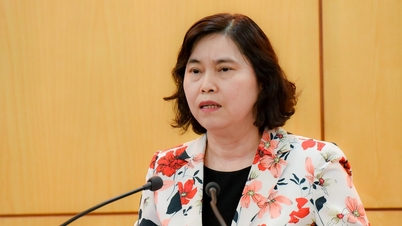








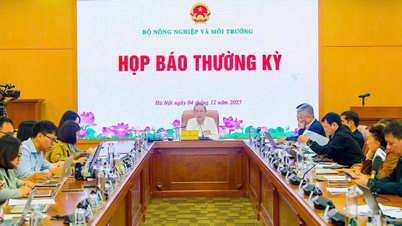














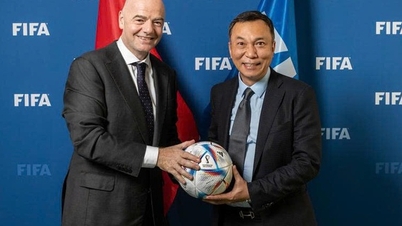



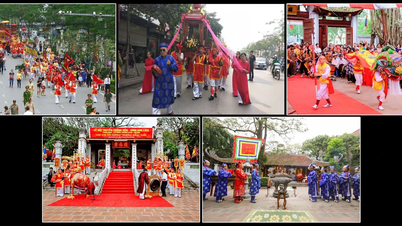

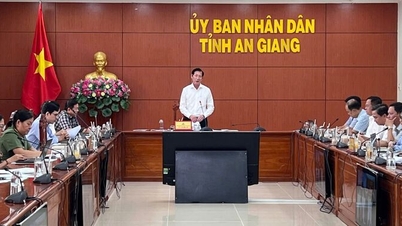















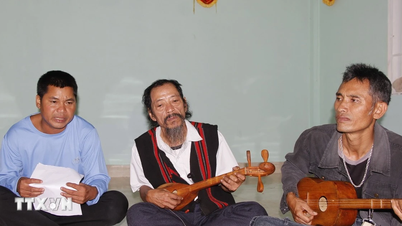




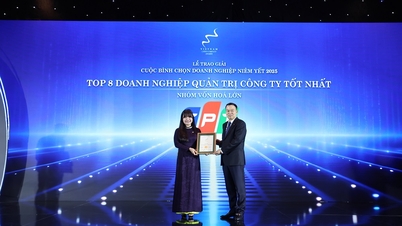

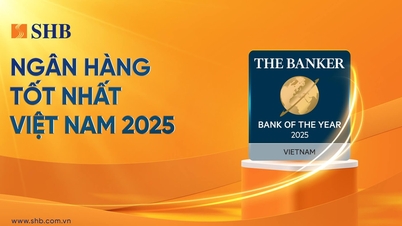

![[VIMC 40 days of lightning speed] Da Nang Port: Unity - Lightning speed - Breakthrough to the finish line](https://vphoto.vietnam.vn/thumb/402x226/vietnam/resource/IMAGE/2025/12/04/1764833540882_cdn_4-12-25.jpeg)
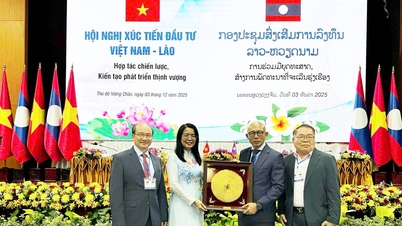









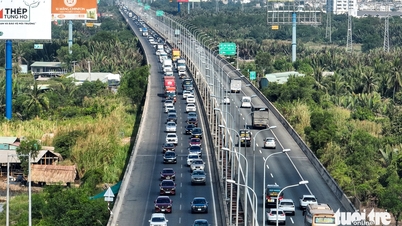




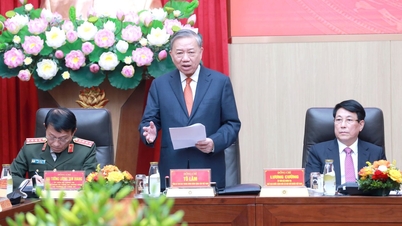

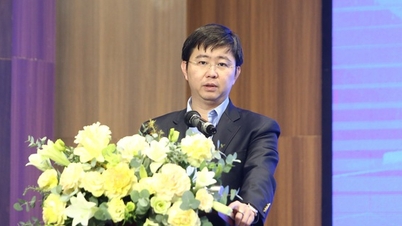

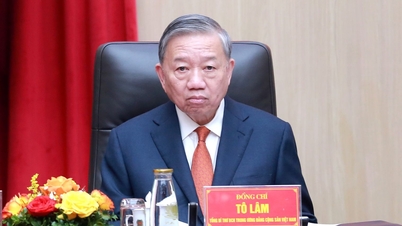













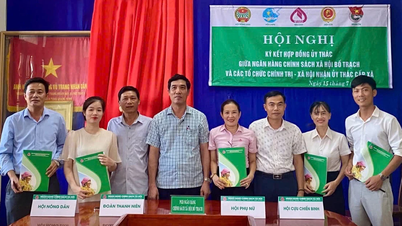













Comment (0)